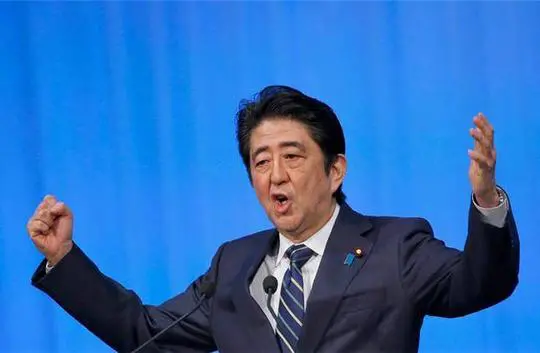-
Russia and the US, the world's two most powerful militaries and biggest nuclear powers, appear set to clash over a chemical weapons attack in Syria.
-
President Donald Trump is reportedly weighing a much bigger strike on Syria than the one on April 7, 2017, which did little long-term damage.
-
Russia has threatened to shoot down incoming US missiles, and also target the platforms used to launch them, which could mean downing US Navy ships.
The US and Russia, the world's two most powerful militaries and biggest nuclear powers, appear set to clash over a chemical weapons attack in Syria, and much of the world has gone quiet in anticipation.
President Donald Trump has cancelled a trip to South America, and will instead consult with John Bolton, his new ultra-hawkish National Security Adviser. Trump, along with France, has promised a strong joint response in the coming days.
The President and his inner circle are reportedly considering a much larger strike on Syria than the one on April 7, 2017, where 59 cruise missiles briefly disabled an airbase suspected of playing a role in a chemical attack.
Now, almost exactly one year later, Trump again may strike Syria after another report of a chemical weapons attack that killed 40. This time, he has France's President Emmanuel Macron in his corner, but also acute threats of escalation from Syria's most powerful ally, Russia.
"The threats you are proffering that you're stating vis-a-vis Syria should make us seriously worried, all of us, because we could find ourselves on the threshold of some very sad and serious events," Russian Ambassador Vassily Nebenzia warned US Ambassador Nikki Haley in a heated clash at the UN.
"If there is a strike by the Americans, then... the missiles will be downed and even the sources from which the missiles were fired," Russian Ambassador to Lebanon Alexander Zasypkin told Hezbollah's al-Manar TV, according to Reuters.
The US wants a massive strike, but Russia won't make it easy
Syrian government forces are a different level of target to most US foes. Unlike ISIS fighters or Taliban militants, the Syrian government is backed by heavy Russian air defenses. Experts on these defenses have told Business Insider that the US would struggle to overcome them, even with its arsenal of stealth jets.
On the April 7 strike, it was US Navy ships which fired the missiles. If Russia were to retaliate against a US Navy ship with its own heavy navy presence in the region, the escalation would likely resemble an all-out war.
Vladimir Shamanov, a retired general who heads the defense affairs committee in Russia's lower house of parliament, would not rule out the use of nuclear weapons in an escalation with the US over Syria, saying only that it was "unlikely," the Associated Press reports.
Currently, the US has destroyer ships in the region, the New York Times reports, as well as heavy air power at military bases around the region. While Russian air defenses seem credible on paper, they seem to have done nothing to stop repeated Israeli air strikes all around Syria.
US and Russia's military superpower status on the line
On both the Western and Russian sides of the conflict, credibility is on the line. The leaders of the US and France have explicitly warned against chemical weapons use, saying they will respond with force. Russia has acted as a guarantor of Syria's safety in the face of possible Western intervention, but has found itself undermined by several strikes from the US and Israel.
Experts previously told Business Insider that an outright war with the US would call Russian President Vladimir Putin's bluff and betray his true aim of projecting power at low cost, while destroying much of his military.
Additionally, Syria, backed by Russia, has struggled to beat lightly-armed rebels who have lived under almost nonstop siege for the past seven years.
For the US and France, failure to meaningfully intervene in the conflict would expose them as powerless in the face of Russian aggression, and unable to abate the suffering in Syria even with strong political will.
For now, the world has gone eerily quiet in anticipation of possible fighting.
European markets dipped slightly on expectations of military action, and the skies around Syria have gone quiet as pan-European air traffic control agency Eurocontrol warned airlines about flying in the eastern Mediterranean due to the possibility of an air war in Syria within the next 48 hours.
(BI)
 简体中文
简体中文

